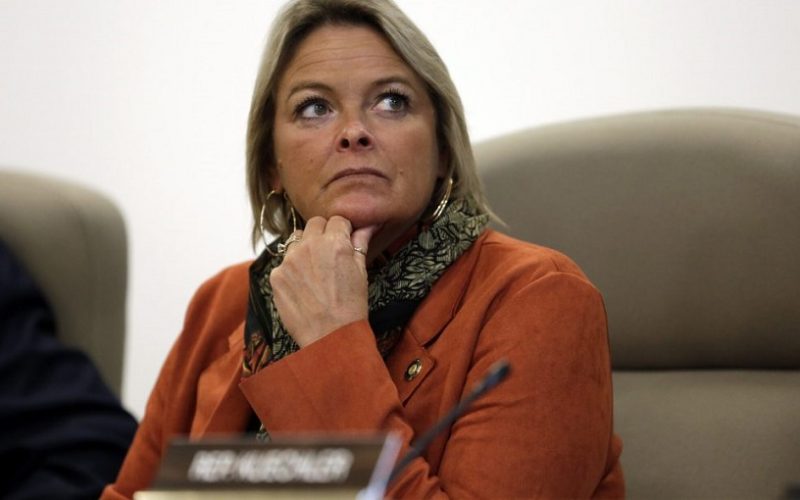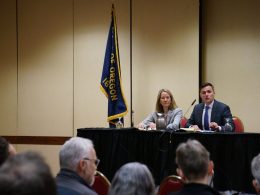Salem, OR – In an effort to curb potential conflicts of interest, Oregon Representative Anna Scharf has introduced legislation aimed at tightening the state’s lobbying rules for former lawmakers. The proposed bill seeks to close a loophole that allows ex-legislators to lobby on behalf of state agencies, an activity that is currently permitted under Oregon’s existing rules.
Under the state’s current law, former legislators are prohibited from lobbying private industries for one year after leaving office. However, they are allowed to represent state agencies without restriction. This distinction has raised concerns among critics who argue that it opens the door for former lawmakers to leverage their legislative experience to influence decisions within state government.
Scharf’s bill would extend the restrictions to former lawmakers seeking to represent state agencies, ensuring that the revolving-door between the legislature and state agencies does not undermine public trust in government. The proposed legislation aims to prevent the undue influence of former officials who may use their connections and insider knowledge for personal or professional gain.
The initiative has sparked a wider conversation about the ethics of lobbying and the potential for conflicts of interest within Oregon’s political landscape. As Scharf emphasized, the legislation is designed to promote transparency, uphold the integrity of state agencies, and protect taxpayers from the appearance of unethical behavior.
Currently under consideration, the bill has the potential to reshape lobbying practices in Oregon and set a precedent for other states grappling with similar issues. If passed, it would be a significant step toward reinforcing ethical standards and maintaining the public’s confidence in the state’s political system.
Advocates for stricter lobbying rules hope the bill will gain momentum in the coming months, while opponents may raise concerns about limiting the ability of experienced professionals to represent agencies in the complex world of state governance. The outcome of the bill’s review will be closely watched, as it could have lasting implications for lobbying laws across the country.











